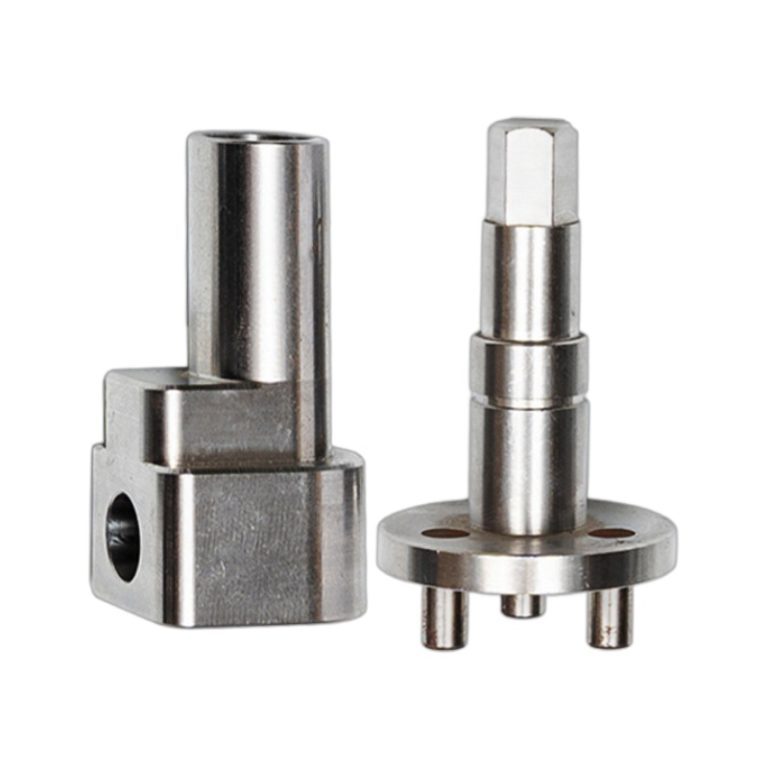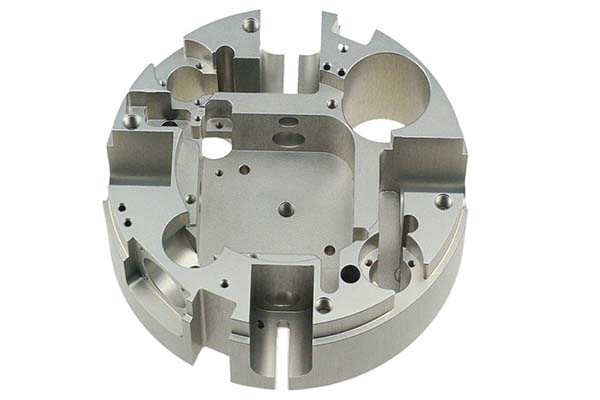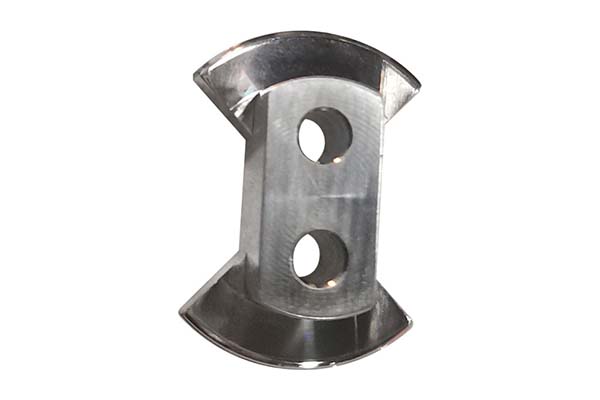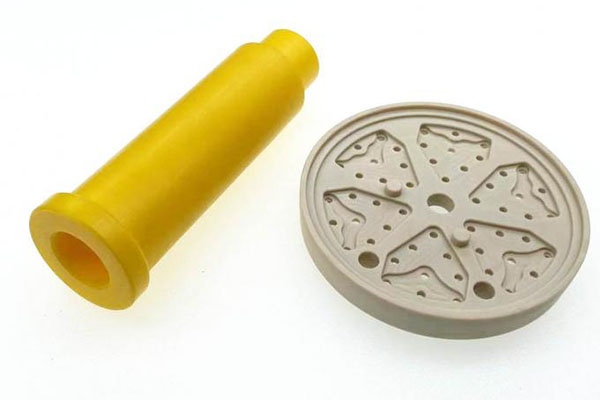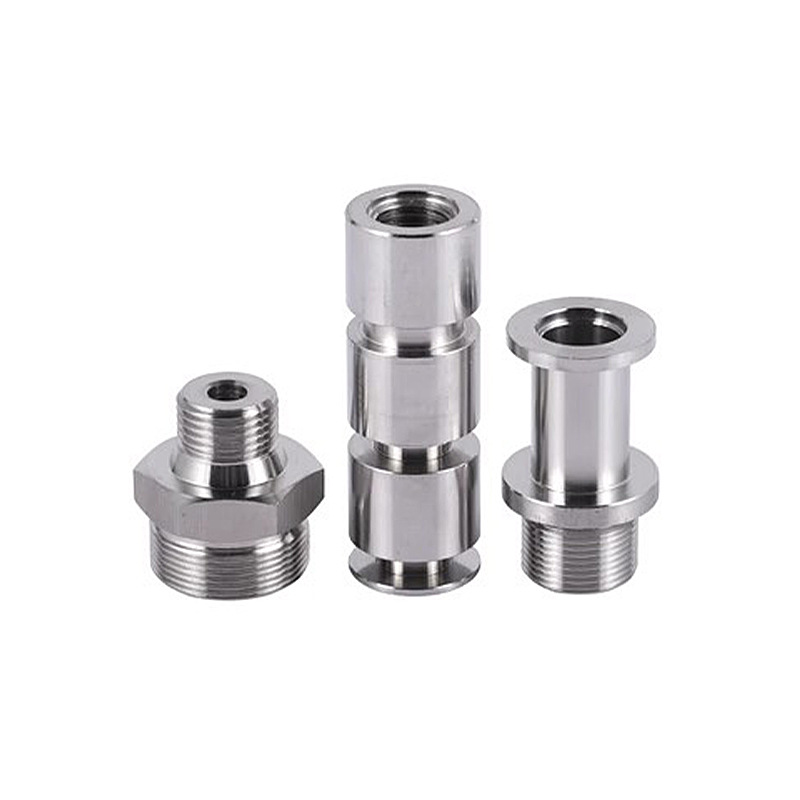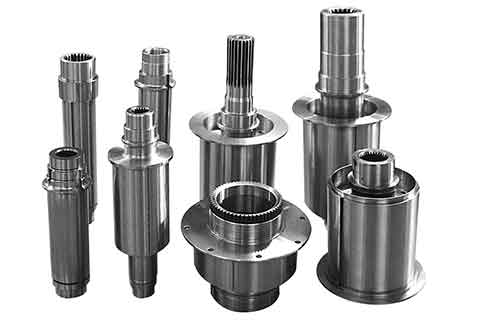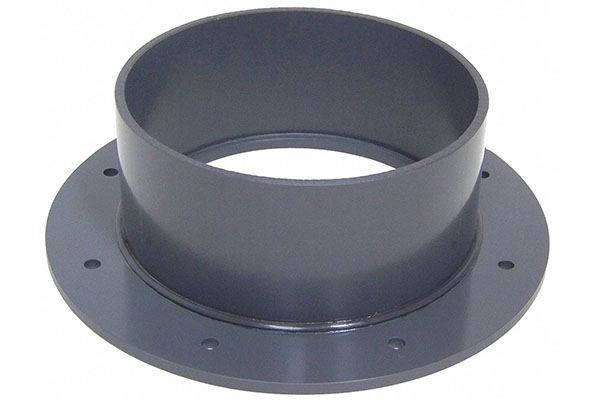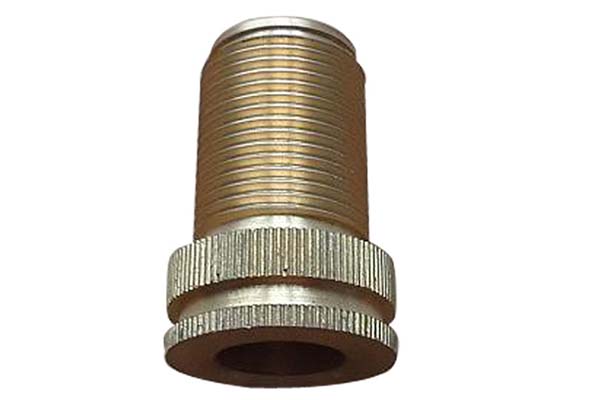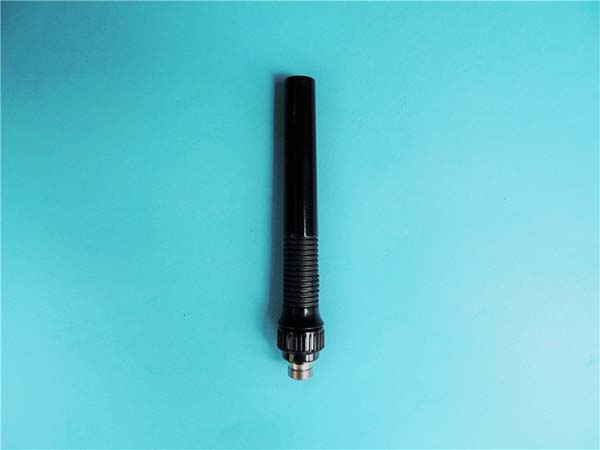Introduction to Custom CNC Machining
Custom CNC machining is an advanced manufacturing process where Computer Numerical Control (CNC) machines are employed to create parts and components based on specific customer designs and requirements. This process enables manufacturers to produce parts with high precision, intricate geometries, and the flexibility to work with a wide range of materials. Custom CNC machining is ideal for small to medium production runs, rapid prototyping, and manufacturing parts that require unique features or high customization. Industries such as aerospace, automotive, medical, and industrial equipment frequently rely on custom CNC machining due to the demand for high-quality, tailored components.
Definition and Process Overview
What is CNC Machining?
CNC machining is a process that uses computer programs to control the movement of machinery and tools to produce precise parts. These machines can include lathes, mills, routers, grinders, and 3D printers. CNC machining eliminates human error by automating complex tasks and can work with a variety of materials including metals, plastics, and composites. The technology is often used for complex, intricate parts that require high precision and repeatability.
How Does CNC Machining Work?
The process begins with the creation of a detailed design using Computer-Aided Design (CAD) software. The design is then converted into machine-readable instructions via Computer-Aided Manufacturing (CAM) software. The program, often written in G-code, directs the CNC machine to execute specific movements and cutting actions to shape the material into the desired part. This process can include operations like turning, milling, drilling, and grinding, depending on the part’s complexity.
The Role of Custom CNC Machining in Modern Manufacturing
Custom CNC machining is a cornerstone of modern manufacturing because it allows companies to produce parts quickly and with precise specifications. Unlike traditional methods, CNC machining does not require expensive custom tooling or long setup times, making it ideal for low-to-medium production runs and prototypes. As a result, CNC machining facilitates rapid product development and offers flexibility, making it indispensable for manufacturers who require high-quality, tailored components in a cost-effective manner.
Benefits of Custom CNC Machining
Precision and Accuracy
One of the major advantages of custom CNC machining is its precision. CNC machines can repeat tasks with remarkable accuracy, often achieving tolerances as tight as ±0.001 inches (±0.025 mm) or even finer. This level of accuracy is crucial in industries like aerospace and medical manufacturing, where even slight deviations can result in part failure or safety concerns.
Flexibility in Design and Material Choice
CNC machining offers unparalleled flexibility in terms of both design and material selection. Designers can easily tweak CAD models to adapt to changing specifications or client requests, which is especially important in the product development phase. Additionally, CNC machines can handle a broad range of materials, including metals (e.g., aluminum, stainless steel, titanium), plastics (e.g., ABS, polycarbonate), and composites (e.g., carbon fiber, fiberglass), offering versatility across industries.
Efficiency in Small to Medium Production Runs
Unlike traditional mass production methods, which involve expensive tooling and long setup times, custom CNC machining is highly efficient for small to medium production runs. It allows manufacturers to produce batches of custom parts at a lower cost and in less time. This is particularly advantageous for companies needing to meet quick deadlines or respond to fluctuating demand without investing in large-scale manufacturing setups.
Industries Served by Custom CNC Machining
Aerospace and Defense
The aerospace and defense industries demand components that are both precise and durable. Custom CNC machining enables the production of critical parts such as aircraft engine components, missile housings, and satellite parts, ensuring they meet the stringent performance standards required for these high-risk applications.
Automotive and Transportation
The automotive industry relies on CNC machining for producing everything from engine parts to custom chassis and interior components. High precision and the ability to create complex geometries are essential for meeting the performance requirements of automotive systems. CNC machining also supports low-volume production runs, enabling manufacturers to introduce new vehicle models faster.
Medical and Healthcare
In the medical field, custom CNC machining is crucial for the creation of surgical instruments, implants, prosthetics, and diagnostic equipment. The high precision required in these components ensures that they meet regulatory standards and perform safely and effectively in medical settings. With the ability to customize designs quickly, manufacturers can also develop new medical devices in a fraction of the time compared to traditional methods.
Industrial Equipment and Machinery
For the industrial equipment sector, CNC machining is employed to produce specialized machinery parts, gears, bearings, and other custom components that require strength, precision, and durability. This is especially important in industries like construction and mining, where equipment is subjected to harsh conditions.
Types of Materials Used in Custom CNC Machining
Metals: Steel, Aluminum, Stainless Steel
Metals are among the most commonly used materials for CNC machining due to their strength, durability, and wide availability. Aluminum, stainless steel, and steel are popular choices for a variety of applications, from structural components to finely machined parts in industries such as automotive and aerospace.
Plastics and Polymers
Plastics and polymers such as ABS, polycarbonate, and PEEK are often used in CNC machining for applications that require lightweight, corrosion-resistant, or electrically insulating materials. These materials are popular in the electronics, consumer goods, and medical devices industries due to their versatile properties.
Composite Materials
Composite materials, including carbon fiber and fiberglass, combine strength and lightweight properties, making them ideal for demanding applications in industries like aerospace, automotive, and sporting goods. CNC machining allows for precise shaping and cutting of these materials, which are often difficult to process with conventional machining methods.
Custom CNC Machining Services Offered
Prototyping and Rapid Prototyping
One of the key benefits of custom CNC machining is its ability to produce prototypes quickly. Rapid prototyping allows manufacturers and designers to test, evaluate, and refine their designs before moving to full-scale production. CNC machining can produce prototypes in a matter of hours or days, significantly reducing the time to market.
Short to Medium Production Runs
For small to medium production runs, custom CNC machining offers a cost-effective solution. Unlike traditional methods that require expensive molds or tooling, CNC machining allows manufacturers to produce small batches of custom parts at a competitive price point. This flexibility is invaluable in industries like medical device manufacturing or automotive customization.
Complex and Intricate Part Manufacturing
CNC machines are capable of producing parts with complex geometries that would be challenging or impossible to manufacture using traditional methods. Whether it's multi-axis turning or intricate milling operations, custom CNC machining provides the precision and versatility necessary for producing highly detailed parts with unique features.
The Custom CNC Machining Process
Design Consultation and Specification Review
The first step in the custom CNC machining process is a design consultation. During this stage, manufacturers collaborate with clients to review design files, specifications, and material requirements. Adjustments are made as necessary to ensure that the final product meets customer expectations.
Programming and Setup
After the design is finalized, the next step involves programming the CNC machine using CAM software. This involves creating a toolpath that guides the machine's movements, selecting appropriate cutting tools, and setting machining parameters such as speed and feed rates. The setup is verified through simulations to ensure accuracy.
Machining and Fabrication
Once the setup is complete, the machining process begins. The CNC machine follows the programmed instructions to cut and shape the material, often in multiple stages. The process can involve turning, milling, drilling, or grinding, depending on the complexity of the part.
Quality Control and Inspection
Following machining, parts undergo quality control and inspection to ensure they meet the required tolerances and specifications. This may involve dimensional checks, visual inspections, and advanced methods like CMM (Coordinate Measuring Machines) or non-destructive testing (e.g., ultrasonic testing, X-ray).
Technological Advancements in Custom CNC Machining
High-Speed Machining
High-speed machining (HSM) improves the cutting speed and surface finish quality, allowing manufacturers to achieve faster cycle times and improved results, especially with tough materials like titanium and composites. HSM is particularly useful in industries such as aerospace and medical device manufacturing.
Multi-Axis and 5-Axis Machining Centers
5-axis CNC machining allows for greater flexibility and precision in creating complex geometries by enabling the tool to move along multiple axes simultaneously. This capability is especially beneficial for aerospace and automotive applications, where intricate, multi-dimensional parts are common.
Automation and Robotics Integration
The integration of automation and robotics into CNC machining systems enhances productivity, reduces human error, and improves safety. Robotic arms and automated guided vehicles (AGVs) can handle tasks like material loading/unloading, packaging, or inspection, allowing for continuous production and reducing labor costs.
Case Studies and Success Stories
Examples of Successful Custom CNC Machining Projects
- Automotive: Custom engine components were produced using advanced CNC machining techniques, reducing production time by 40% while maintaining high levels of precision and quality.
- Aerospace: CNC machining was employed to produce complex structural parts for a new aircraft, ensuring high-quality standards and meeting tight production schedules.
Client Testimonials and Benefits Realized
Clients report significant benefits from using custom CNC machining services, including reduced lead times, enhanced product quality, and improved flexibility. A medical device manufacturer, for example, praised CNC machining’s ability to quickly produce prototypes, allowing for faster development of life-saving devices.
Conclusion
Custom CNC machining is a versatile and powerful manufacturing method that offers high precision, flexibility, and efficiency. By enabling manufacturers to produce complex parts quickly and cost-effectively, it has become a critical tool across various industries. From rapid prototyping to small batch production, custom CNC machining continues to drive innovation and help businesses meet the demands of an increasingly competitive market. As technology evolves, CNC machining's capabilities are expanding, offering even greater opportunities for manufacturers worldwide.
